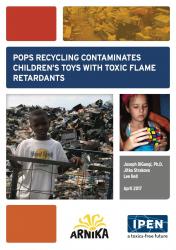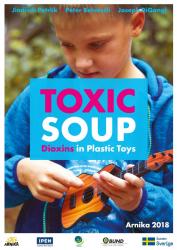Some Plastics Can Poison Children
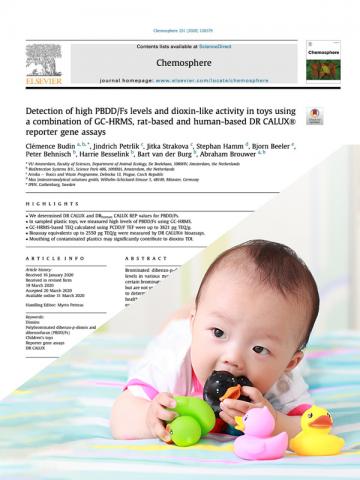
(Gothenburg, Sweden): A ground-breaking study analyzing the effects of toxic chemicals in plastic children’s toys and consumer products on human cells demonstrates that toys made from some recycled plastics are toxic to humans and can significantly contribute to the dioxin daily intake level for children who mouth their toys. The levels of toxic chemicals revealed in all the samples studied were comparable to levels found in hazardous wastes, such as the ash from waste incinerators.
A team of researchers from Arnika, BioDetection Systems, and International Pollutants Elimination Network (IPEN) determined that toys made of black plastic, which is often derived from recycled e-waste plastics with flame retardant chemicals, are toxic to human cells. The study reveals that children mouthing toys made from this plastic are at risk of dangerous health effects from the toxic material. It is the first study to establish the toxic effects of plastic toys made of recycled plastics on human cells.
Researchers analyzed toys, and toy components, made from black plastic purchased in Argentina, Germany, the Czech Republic, India, Nigeria, and Portugal. Black plastic often originates from highly toxic e-waste plastics containing toxic brominated flame-retardant chemicals. The researchers found perilously high levels of flame retardants and dioxin in the sampled toys, in concentrations comparable to hazardous waste.
On this page
The researchers then examined how the sampled plastics impact living human cells in the laboratory to determine the toxicity of the samples to humans. They identified high dioxin activity in the cell samples and concluded that teething and mouthing similar toys would significantly raise children’s daily dioxin exposure. The peer-reviewed article, lead author Clémence Budin, Vrije Universiteit Amsterdam and BioDetection Systems, will be published in the July issue of Chemosphere (Volume 251, July 2020, 126579).
Dioxins are considered some of the world’s most toxic chemicals and are extremely harmful even in minimal amounts. Levels of concern for dioxin substances, which begin at a few tenths of a picogram per gram, reached thousands of picograms per gram in some of the samples examined. Brominated dioxins are highly hazardous chemicals known to affect brain development, damage the immune system, increase the risk of cancer, and risk disruption of thyroid function. They are formed unintentionally during the production of brominated flame retardants. When plastics with brominated flame retardants are recycled and heated to be re-formed into new plastic products, additional brominated and chlorinated dioxins are formed. While they are not globally banned, brominated dioxins are recognized by the World Health Organization to be as toxic as closely related chlorinated dioxins. Experts advocate for stricter regulation of brominated dioxins.
The dire findings are concerning for children's health globally and spotlight a dangerous flaw in the circular economy model which seeks to reduce plastic waste through increased plastic recycling. Current recycling systems allow plastics with flame retardant chemicals and dioxins to be put into the recycling stream, resulting in dangerously contaminated products made of recycled plastics, such as the sampled toys in this study.
Noted health expert Dr. R. Thomas Zoeller, Ph.D., Professor of Biology at the University of Massachusetts, Amherst, who is unaffiliated with the study, points to the seriousness of cancer-causing chemicals found in the toys sampled. “We are surrounded by plastics, especially in toys, and the chemicals used to make plastic are not always known, especially if the plastic is recycled. This is a very important study that not only did the hard work of chemical analysis, but also used a new type of analysis that would help us determine the overall toxicity of the plastic. What they found is that black plastic contains sometimes high levels of cancer-causing chemicals. No parent wants to expose their child to toxics.”
Researchers call for immediate action to change the global recycling systems to prevent hazardous chemical content from entering the recycling chain.
"Our methodologies using state-of-the-art human and mammalian cells, as well as chemical analyses to assess the toxic impacts of the plastics in this study, advance scientific knowledge about how toxic chemicals in plastics can impact human health. These findings indicate that in many consumer products manufactured with recycled black plastic containing brominated flame retardants (such as PBDEs), highly toxic brominated dioxin-like compounds are to be expected and should urgently be monitored and prevented,” said Dr. Peter A. Behnisch, Director of BioDetection Services, the Amsterdam based laboratory that conducted the analysis.
Chemical experts say that the study deepens concerns about the safety of recycled plastics and call on plastic producers and regulators to keep toxic plastics out of recycling. Jindrich Petrlik, Executive Director of Arnika, IPEN Advisor, and lead scientist for the project said, “This study demonstrates that our current system is allowing hazardous materials to be molded into toys. Stricter controls to keeps POPs out of consumer goods are a moral imperative. We must stop the flow of e-waste, and plastics with flame retardants, into recycling and set sufficiently strict limits for POPs in waste. Otherwise, we are looking at a toxic circular economy.”
Leslie Adogame, Executive Director at Sustainable Research and Action for Environmental Development (SRADev Nigeria), whose organization was involved in the initial product sampling, stressed that toxic products are not the only toxic chemical exposure risk in Africa where high levels of dioxins have been associated with e-waste and incineration. “Hazardous exposures to brominated flame retardants and dioxin are multiplied in many communities in Africa, where the world dumps its e-waste and increasingly its plastic waste, and where weak standards mean toxic products and dirty recycling. We must strengthen the global controls on e-waste and POPs in recycled waste to protect the health of children in Africa and across the globe. Toxic chemicals in electronic waste should not be present in any consumer product—especially not in children's toys. The answer is global policy to end toxic recycling."
Parents can reduce their children’s exposure to toxic chemicals as a stop-gap measure by avoiding toys made with black plastic. While black plastic is most likely to be made from e-waste plastics, other colored plastics can contain toxic chemicals as well.
###
Editors: Report authors and experts are available for zoom interviews. Please contact Laura Vyda (lauravyda@ipen.org, cell or WhatsApp+1 510-387-1739) to arrange interviews with the researchers or for any additional information.
IPEN (International Pollutants Elimination Network), the global environmental network of nearly 600 public interest NGOs in over 125 countries, working to eliminate and reduce the most hazardous substances to forge a toxics-free future for all. ipen.org
- Arnika is a Czech non-governmental organization dedicated to protecting nature and a healthy environment for future generations at home and abroad, and is the IPEN Regional Hub for Central and Eastern Europe. arnika.org
- BioDetection Systems (BDS) is an Amsterdam laboratory providing bio-based screening technologies for safety, quality, and bioactivity assessment. BDS is highly experienced in the sensitive detection of key organic pollutants such as dioxin(-like) compounds, endocrine disrupting chemicals (such as plastic additives), and other persistent organic pollutants (POPs). Bds.nl
Images of Products
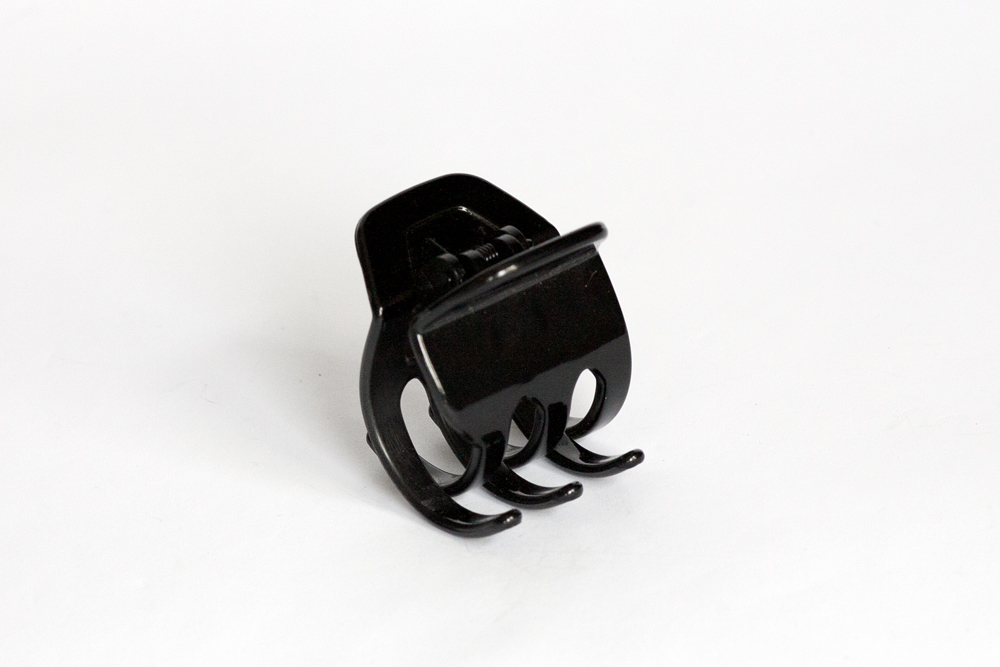
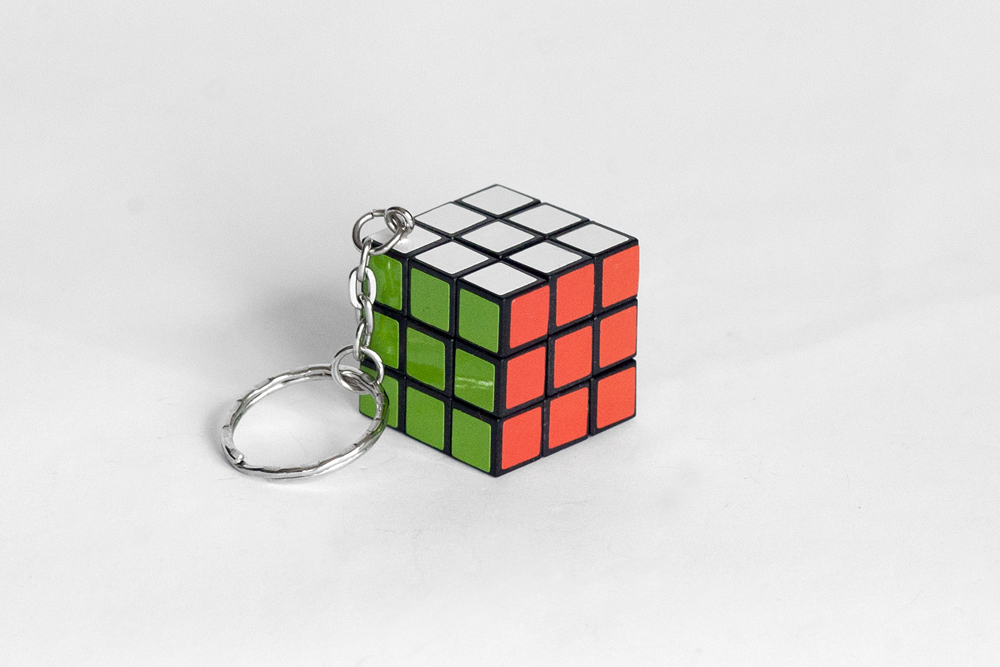

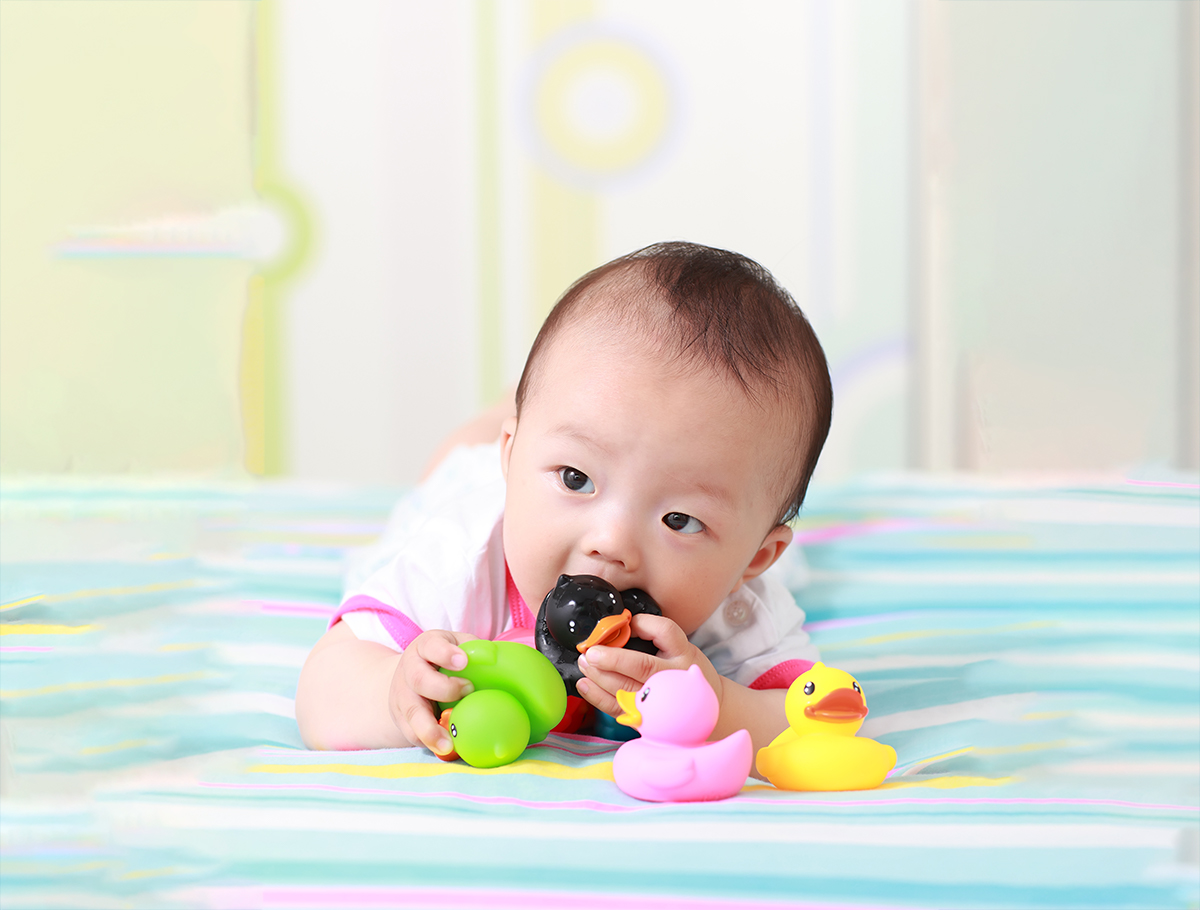
Expert Interviews
Quick Takes
Related Reports
POPs Recycling Contaminates Children’s Toys with Toxic Flame Retardants
A study of children’s products from 26 countries revealed that toxic flame-retardant chemicals in recycled electronic waste results in pervasive contamination of new plastic children’s toys and related products. Recycling materials that contain persistent organic pollutants (POPs) and other toxic substances contaminates new products, creates human and environmental exposure, and undermines the credibility of recycling.
Toxics Soup: Dioxins in Plastic Toys
Highly toxic brominated dioxins found in toys and accessories sampled in seven countries that were made from recycled e-waste plastic reveals levels of dioxin found in previous studies in waste incineration fly ash or other industrial waste.

